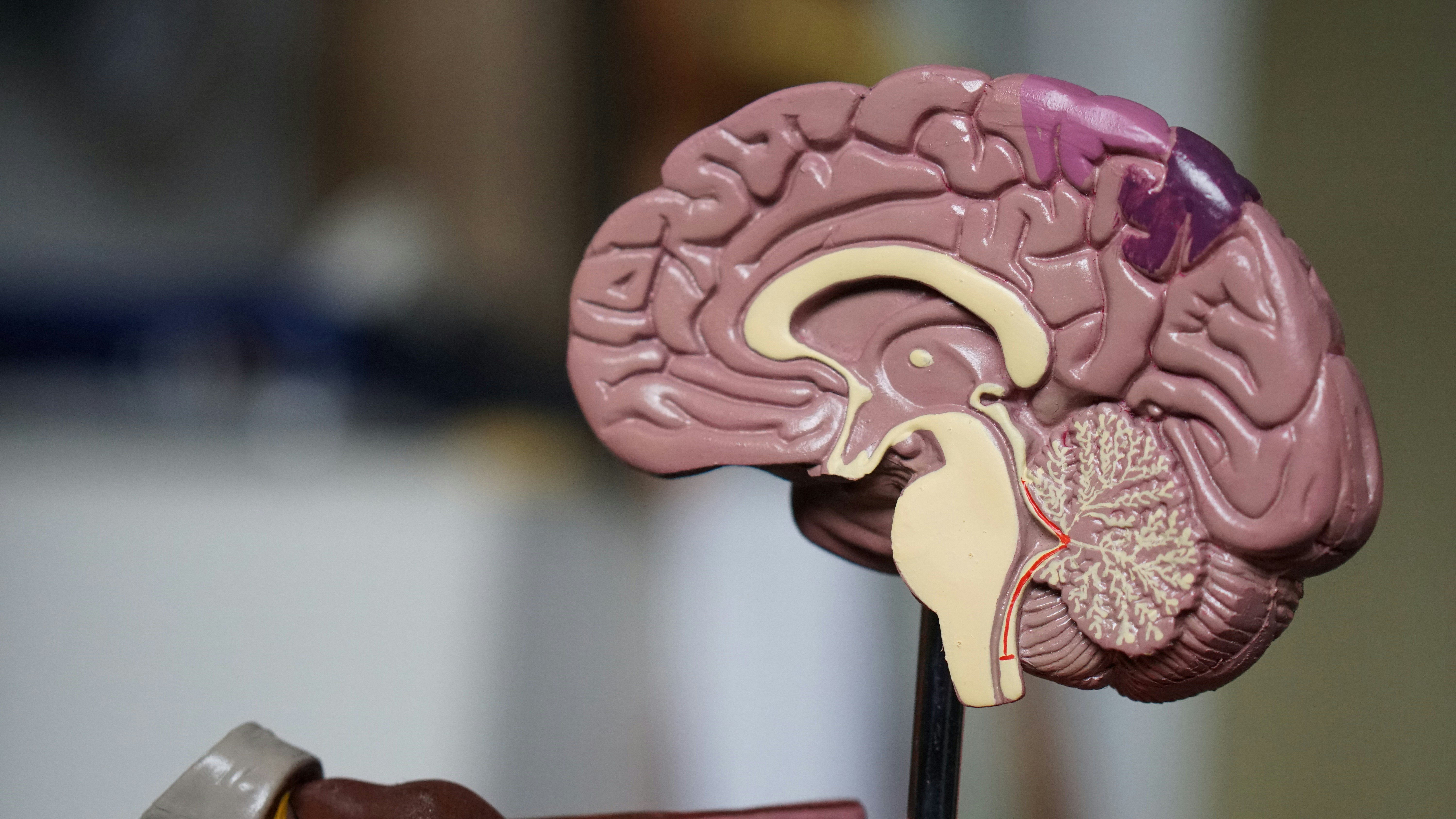News release
From:
Springer Nature
Health: Home-based brain stimulation as a treatment for depression
A home-based brain-stimulation therapy improved symptoms in people with major depressive disorder, according to the results of a large-scale phase 2 randomised controlled trial published in Nature Medicine. The findings suggest that patients could benefit from this home-based treatment without the need to regularly attend a healthcare clinic.
Major depressive disorder is a leading cause of disability worldwide and is the most important precursor to suicide deaths. Currently, first-line treatments include antidepressant medications and psychological therapies; however, over a third of people with major depressive disorder still do not achieve full clinical remission. Transcranial direct current stimulation (tDCS) is a form of non-invasive brain stimulation that applies a weak direct current via scalp electrodes that are worn over the forehead and has been presented as a novel treatment for major depressive disorder. A course of tDCS treatment usually involves daily sessions in a research clinic for several weeks.
Cynthia Fu and colleagues developed a protocol that can provide tDCS at home with real-time remote supervision via video conference. They tested the clinical efficacy and safety of a 10-week course of this home-based tDCS treatment in 174 patients with major depressive disorder in a clinical trial conducted in both the UK and the US. tDCS treatment was found to notably improve depressive symptoms, clinical response and remission rates, compared with control treatment. No serious adverse events related to the device were reported.
Although ongoing safety monitoring is necessary, the findings suggest that home-based tDCS could potentially serve as a first-line treatment for people with major depressive disorder.
Journal/
conference:
Nature Medicine
Organisation/s:
University of East London, UK
Funder:
C.H.Y.F. has received research grants from the following: research
grant funding on behalf of the University of East London from Flow
Neuroscience (no. R102696); research grant funding from the National
Institute of Mental Health (NIMH) (no. R01MH134236), the Baszucki
Brain Research Fund Milken Institute (no. BD0000009), the Rosetrees
Trust (no. CF20212104), the International Psychoanalytic Society (no.
158102845), Medical Research Council (MRC) (no. G0802594), the
National Association for Research on Schizophrenia And Depression
(NARSAD) and the Wellcome Trust. S.S. acknowledges the following
funding: research grant funding on behalf of the University of
Texas Health Science Center at Houston from Flow Neuroscience
and paid advisory boards for the following companies: Worldwide
Clinical Trials and Inversago and Vicore Pharma. S.S. is a full-time
employee of Intra-Cellular Therapies. He has received grants and
research support from NIMH, United States (no. 1R21MH119441-
01A1), NIMH (no. 1R21MH129888-01A1), the Eunice Kennedy Shriver
National Institute of Child Health and Human Development (NICHD)
(no. 1R21HD106779-01A1), the Substance Abuse and Mental Health
Services Administration (no. 6H79FG000470-01M003) and the
Fizer foundation. A.H.Y.’s independent research is funded by the
National Institute for Health Research (NIHR) Biomedical Research
Centre at the South London and Maudsley NHS Foundation Trust
and King’s College London. He is principal investigator for the
following studies: the Restore-Life VNS registry study funded by
LivaNova; ESKETINTRD3004: ‘An Open-label, Long-term, Safety
and Efficacy Study of Intranasal Esketamine in Treatment-resistant
Depression’; The Effects of Psilocybin on Cognitive Function in Healthy
Participants; The Safety and Efficacy of Psilocybin in Participants
with Treatment-Resistant Depression (P-TRD); A Double-Blind,
Randomized, Parallel-Group Study with Quetiapine Extended Release
as Comparator to Evaluate the Efficacy and Safety of Seltorexant
20 mg as Adjunctive Therapy to Antidepressants in Adult and Elderly
Patients with Major Depressive Disorder with Insomnia Symptoms
Who Have Responded Inadequately to Antidepressant Therapy
(Janssen); An Open-label, Long-term, Safety and Efficacy Study of
Aticaprant as Adjunctive Therapy in Adult and Elderly Participants
with Major Depressive Disorder (MDD) (Janssen); A Randomized,
Double-blind, Multicentre, Parallel-group, Placebo-controlled Study
to Evaluate the Efficacy, Safety, and Tolerability of Aticaprant 10 mg
as Adjunctive Therapy in Adult Participants with Major Depressive
Disorder (MDD) with Moderate-to-severe Anhedonia and Inadequate
Response to Current Antidepressant Therapy; and A Study of Disease
Characteristics and Real-life Standard of Care Effectiveness in Patients
with Major Depressive Disorder (MDD) With Anhedonia and Inadequate
Response to Current Antidepressant Therapy Including an SSRI or
SNR (Janssen). He is UK Chief Investigator for the following studies:
Novartis MDD study no. MIJ821A12201; Compass; and the COMP006
and COMP007 studies. Grant funding (past and present) includes:
the NIMH (USA); Canadian Institutes of Health Research (Canada);
NARSAD (USA); Stanley Medical Research Institute (USA); MRC (UK);
Wellcome Trust (UK); Royal College of Physicians of Edinburgh;
BMA (UK); UBC-VGH Foundation (Canada); WEDC (Canada); CCS
Depression Research Fund (Canada); Michael Smith Foundation
for Health Research (Canada); NIHR (UK); Janssen (UK) and EU
Horizon 2020. The views expressed are those of the authors and not
necessarily those of the NHS, the NIHR or the Department of Health.
R.M.-V. is the principal investigator for the following grants: National
Institutes of Health (nos. R21HD106779 and R21MH129888) and Milken
Institute (no. BD-0000000081). This study was funded by a grant from
Flow Neuroscience to the study’s Chief Investigator and UK principal
investigator to C.H.Y.F., and to the USA principal investigator, S.S. The
funder provided the tDCS devices. The funder had no role in data
analysis, data interpretation or writing of the manuscript.



 International
International



